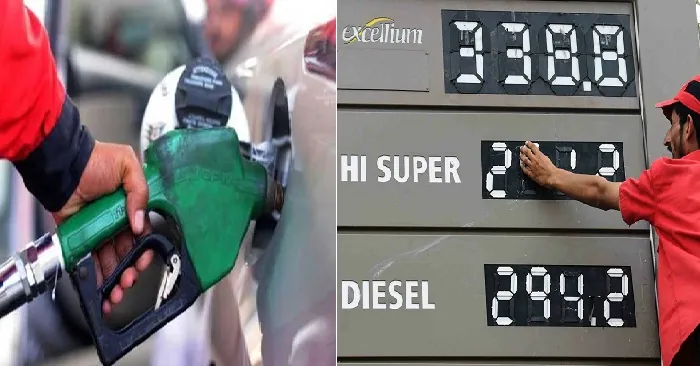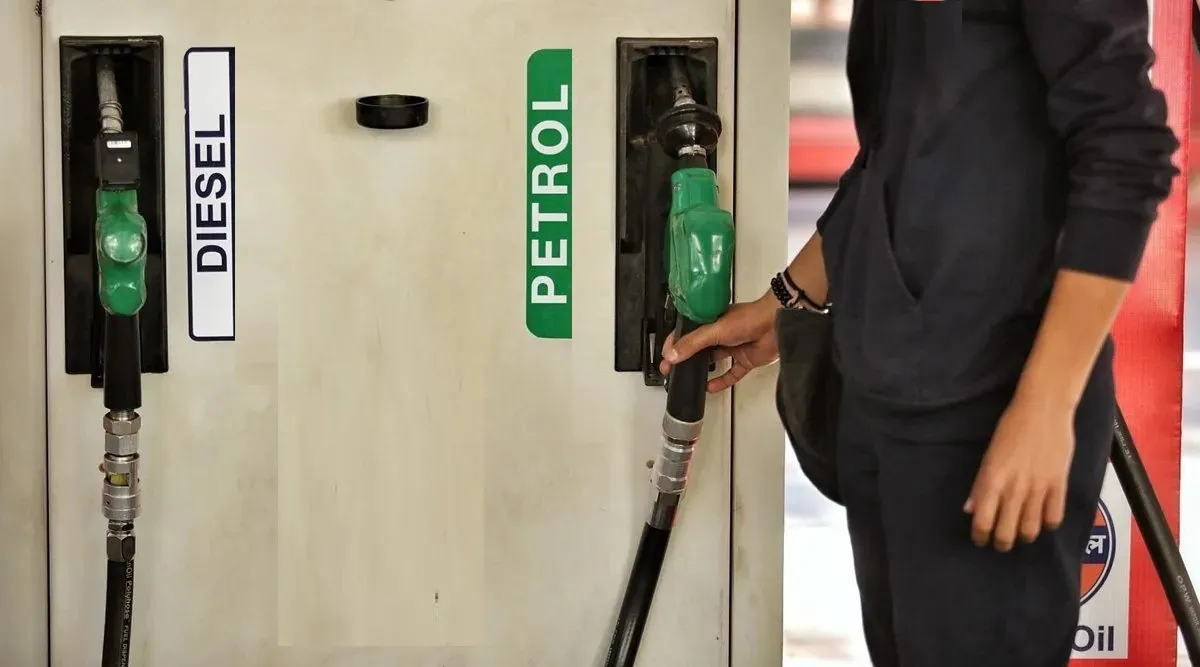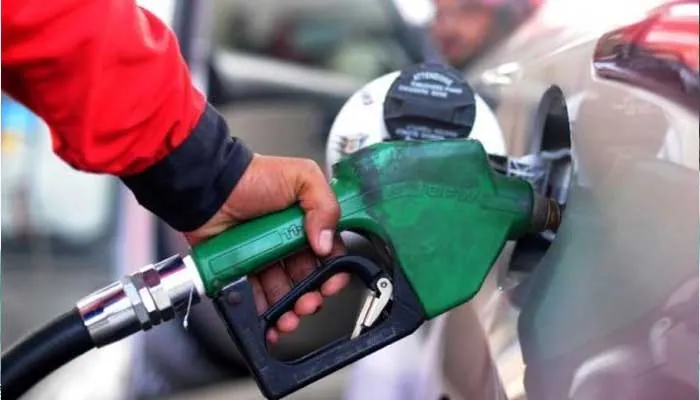The imminent increase in petrol prices has stirred widespread concern across Pakistan, as citizens brace themselves for a potential surge in fuel costs. Amidst economic uncertainties and global market fluctuations, the looming announcement of a Rs 10 per liter hike in petrol rates has captured public attention.
Table of Contents
Impending Petrol Prices Rise Again
Speculations abound regarding the anticipated petrol price hike, with sources suggesting that an official announcement is on the horizon, possibly by April 15th. Wazir Khazanah’s forthcoming revelation of the proposed increase reflects the current economic landscape, exacerbated by rising electricity expenses.
Diesel Price Adjustments
In addition to the projected rise in petrol prices, there are indications of a potential reduction in diesel rates. According to Jaray, a decrease of two and a half liters in diesel prices could be implemented, offering a slight respite amidst the overall price adjustments.
Forecasted Price Fluctuations
Analysts predict a notable shift in fuel prices between April 1st and April 15th, with petrol rates expected to climb from Rs 279.75 to Rs 289.69 per liter. Conversely, high-speed diesel prices might experience a slight dip from Rs 285.49 to Rs 284.26 per liter, offering a mixed outlook for consumers.
Government Response and Policy Direction
The impending price adjustments in petrol and diesel rates fall under the purview of the Ministry of Petroleum and Natural Gas, guided by the directives of Prime Minister Azam Sharif. The government’s response to fluctuating fuel prices underscores the broader economic challenges facing the nation.
Consumer Impact and Outlook
As the nation awaits the official announcement regarding petrol prices in Pakistan, citizens grapple with the potential repercussions on daily expenses and livelihoods. The anticipated rise in fuel costs may trigger cascading effects across various sectors, necessitating proactive measures to mitigate adverse impacts.
Conclusion
In conclusion, the specter of a Rs 10 per liter increase in petrol prices looms large, signaling a period of economic uncertainty and fiscal challenges. Against the backdrop of global market dynamics and domestic policy considerations, the forthcoming price adjustments underscore the need for prudent fiscal management and strategic planning to navigate turbulent times ahead.
FAQs About Petrol Prices in Pakistan
1. What are petrol prices in Pakistan?
Petrol prices in Pakistan fluctuate based on various factors such as international oil prices, exchange rates, and government policies. As of now, petrol prices are subject to change.
2. Why are petrol prices increasing?
Petrol prices may increase due to factors like rising global oil prices, currency devaluation, taxes, and government policy decisions aimed at adjusting energy subsidies.
3. When will the new petrol prices be announced?
The announcement of new petrol prices in Pakistan is typically made periodically by the government in response to market dynamics. Specific dates for announcements may vary.
4. How will the increase in petrol prices affect consumers?
An increase in petrol prices may lead to higher transportation costs, inflationary pressures, and an overall increase in the cost of living for consumers.
5. Can consumers expect any relief measures amid rising petrol prices?
The government may implement measures such as targeted subsidies or adjustments in other fuel prices to mitigate the impact of rising petrol prices on consumers.
6. What factors influence petrol prices in Pakistan?
Petrol prices in Pakistan are influenced by international oil markets, exchange rates, government taxation, geopolitical tensions, and domestic supply and demand dynamics.
7. How do petrol prices in Pakistan compare to neighboring countries?
Petrol prices in Pakistan may vary compared to neighboring countries due to differences in taxation, subsidies, and regional market dynamics.
8. Are there any alternatives to petrol that consumers can explore?
Consumers can explore alternatives such as compressed natural gas (CNG), electric vehicles, and public transportation to reduce reliance on petrol and mitigate the impact of price fluctuations.


